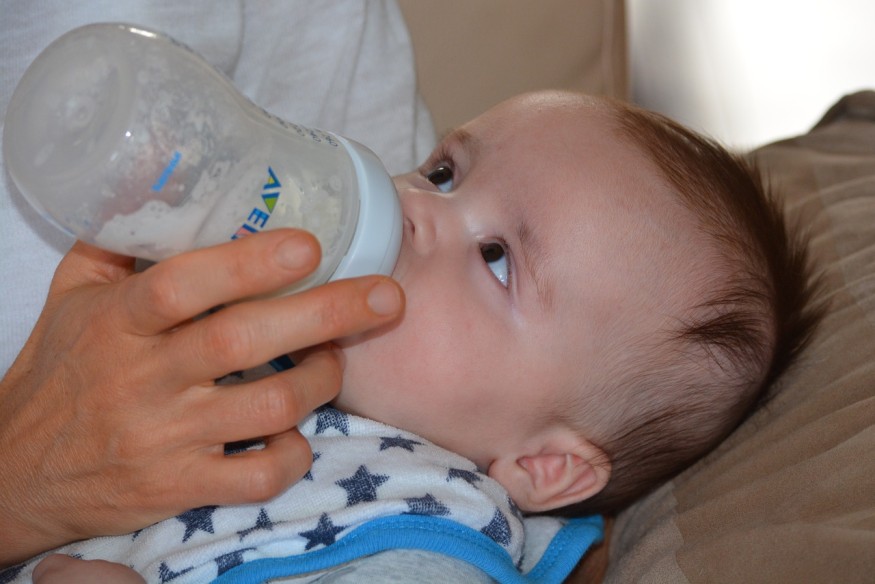Unborn newborns' lungs and brains have been shown to contain toxic air pollution particles. Particles that women breathe into their developing fetuses can have long-lasting effects on them.

Extremely Alarming
Before a baby takes its first breath, toxic air pollution particles have been discovered in the lungs, livers, and brains of unborn children.
Since the fetal stage of development is the most susceptible, researchers said their "groundbreaking" finding was "extremely alarming."
Each cubic millimeter of tissue contained thousands of black carbon particles, inhaled by the mother during pregnancy and transferred to the fetus via the placenta and circulation.
It was already well recognized that there was a direct link between dirty air and a rise in miscarriages, preterm births, low birth weights, and problems with brain development.
However, the current study offers concrete proof of how such injury may occur.
According to scientists, pollution may have long-term impacts on one's health.
Harmful Particles

The particles carry hazardous compounds and induce inflammation in the body since they are formed of soot from burning fossil fuels in companies, residences, and automobiles.
In Scotland and Belgium, two countries with low levels of air pollution, the study was done with moms who did not smoke.
According to Professor Paul Fowler of the University of Aberdeen in Scotland, "We have demonstrated for the first time that black carbon nanoparticles not only enter into the first and second trimester placenta but also make their way into the organs of the growing fetus."
Even more concerning, according to him, is that these particles enter the growing human brain.
This indicated that these nanoparticles may directly interact with regulatory mechanisms in the organs and cells of the human fetus.
"Air quality control should notice this [air pollution] transfer during gestation and intervene to preserve the most sensitive periods of human development," said Prof. Tim Nawrot of Hasselt University in Belgium, who co-led the study.
He claimed that governments are in charge of reducing air pollution, but citizens should stay away from congested highways wherever feasible.
2018 saw the first time air pollution particles were found in placentas, thanks to Professor Jonathan Grigg and his team at Queen Mary University of London.
The latest study, he added, "is extremely impressive; they have firmly demonstrated that the particles then enter the fetuses.
Possible Long-Term Effects

According to Grigg, particles entering the brains of fetuses raise the stakes since they may have long-term effects on the kid.
It's concerning, but we don't yet understand what occurs when the particles settle in different places and gradually release their compounds, necessitating more study.
According to a thorough worldwide analysis published in 2019, practically every organ and cell in the human body may be harmed by air pollution.
Young city residents' hearts were found to contain billions of tiny particles that have been found to penetrate the blood-brain barrier.
Over 90% of people on earth reside in regions with air pollution levels that exceed WHO recommendations, which results in millions of preventable deaths each year.
Unfortunate Findings
Air pollution particles were discovered in every sample of lung, liver, and brain tissue that was analyzed, as well as in umbilical cord blood and placentas, according to the latest study published in the journal Lancet Planetary Health.
Compared to the other participants in the research, the mother's particle concentration was greater when she resided in an area with higher levels of air pollution.
The 36 fetuses investigated in the Scottish portion of the research were born into typically developing pregnancies terminated voluntarily at seven to 20 weeks gestation.
The scientists stated that the results are particularly troubling because the development of organs depends on this exposure window.
After 60 healthy newborns, cord blood samples were collected in Belgium.
Related Article : Air Pollution Reportedly Causes Heart Attacks to Non-Smokers
For similar news, don't forget to follow Nature World News!
© 2025 NatureWorldNews.com All rights reserved. Do not reproduce without permission.





